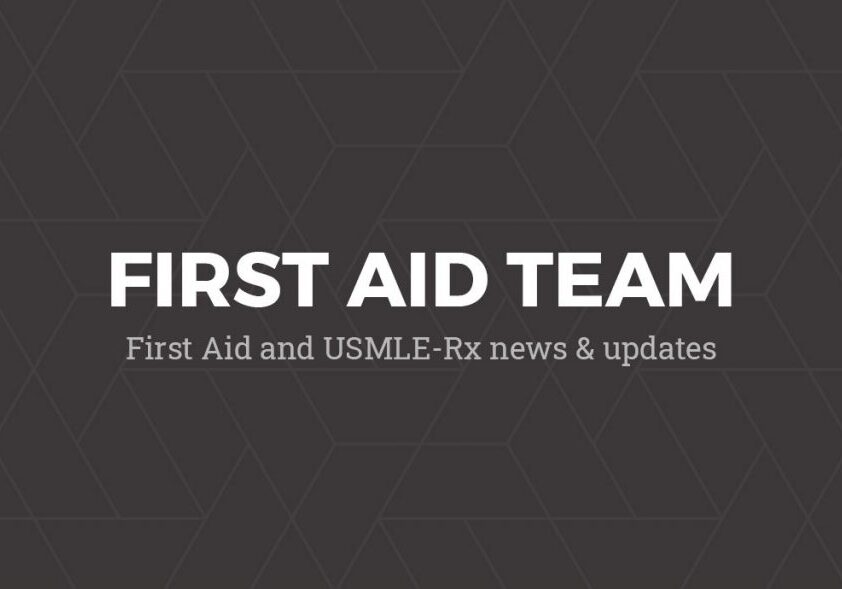Once you get far enough into your study period to have established a routine, it’s important to take a step back and evaluate what you’re doing well and what you’re not. Truthfully, this evaluation of your study process should be continual. You’ll likely find that what works well for you in one subject may not work as well in other areas. There may be other aspects of your study process that change as time goes along, as well. Let’s look at some of the stumbling blocks I’ve run across and the “executive decisions” I’ve made to get around them.
First, I often find that after studying in one location for a long period of time, I start to get restless and lose focus. Simply vary your study location a little to avoid getting into a frustrating rut. Similarly, I often get bored with the same daily routine of reading, questions, gym, lunch, reading, questions, and dinner. Small variations in my daily routine are enough to help me refocus. Finally, after weeks of studying alone, particularly when I was studying for Step 1, I start to get something akin to cabin fever. Adding a little small group study – most of the time with just one other person who complements my learning style – greatly relieves this feeling.
Sometimes a simple fix isn’t enough. There may be a fundamental flaw in your approach to studying. Two great ways to track your progress are using question banks and performing periodic (though, not too frequent) self-assessments. If you’re not making consistent improvements in your scores, you may need to reevaluate your approach, possibly just for a few specific subjects. I found that questions weren’t sufficient to memorize all of the bugs and drugs you encounter on Step 1 and reading about them was MISERABLE. So, for these topics, I made a switch to flashcards (and not those textbooks on a 5×7 card you’ll find at your bookstore, real flashcards with high-yield, fast facts like the USMLE-Rx Flash Facts series. This strategy greatly improved my progress, and I could see that reflected in my performance on my question bank.
You’ve worked hard to create a solid study schedule, so it may be really tempting to stick to that schedule no matter what. Many people will tell you that’s the best approach. But I disagree. I thought I needed three full days to study immunology, because that was one of my weaker subjects from my first year curriculum. However, towards the end of day two, I realized that immunology was making sense, and I had almost covered everything I set out to cover. I made the important decision to skip the 3rd day of immunology in favor of moving ahead. This turned out to be a crucial move, as I had underestimated the time I would need to cover a later block in my schedule. A similar move afforded me an extra day for more comprehensive review in the week leading up to the test.
In summary, few people will find that they can sustain the same approach to studying over the duration of their study period. Small changes can make a big difference with respect to improving your ability to focus, but some big changes may be necessary. It is vital to your success that you are constantly evaluating your progress and, hence, your study process. If it’s not working, make some changes. If it is working, you’ll know and that can give you a major confidence boost.
What executive decisions have you made to change your study process for the better?




